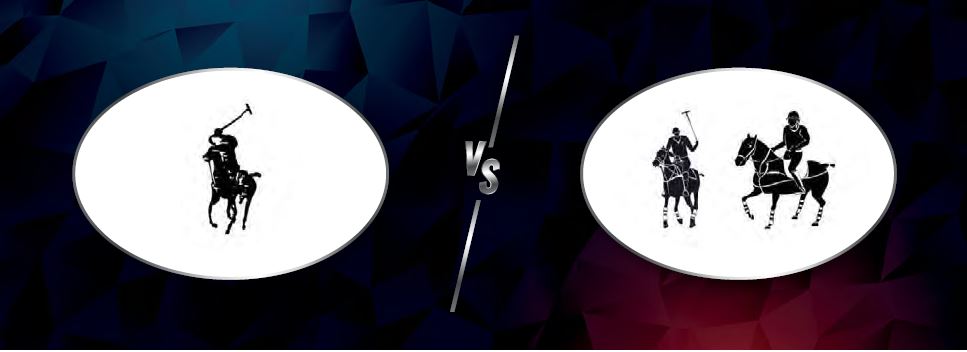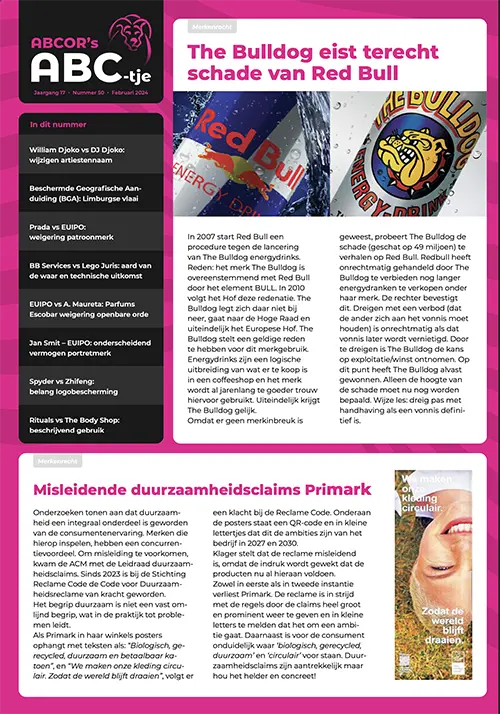When Ralph Lauren is confronted with two new logo applications depicting a polo player in the European Union, the company objects on the grounds of its well-known trademark. The advantage of claiming the familiarity is that a company can not only object to identical products (clothing), but also to non-similar products like toys, for example.
Ralph Lauren substantiates this claim with documentary evidence of the brand’s reputation and use of its trademarks, sales figures, press articles, screen shots from websites, social media, history of the company, advertising material, and more.
All this evidence leads to a sufficient reason for the European trademark authorities to assume the familiarity of the well-known trademark Ralph Lauren. The logos applied for in the EU are both visually as conceptually similar to such an extent, that consumers immediately establish a link between the novel applications and Ralph Lauren. This is a clear example of lousy copying, profiting of the reputation of another’s trademark. The applications were therefore denied.

